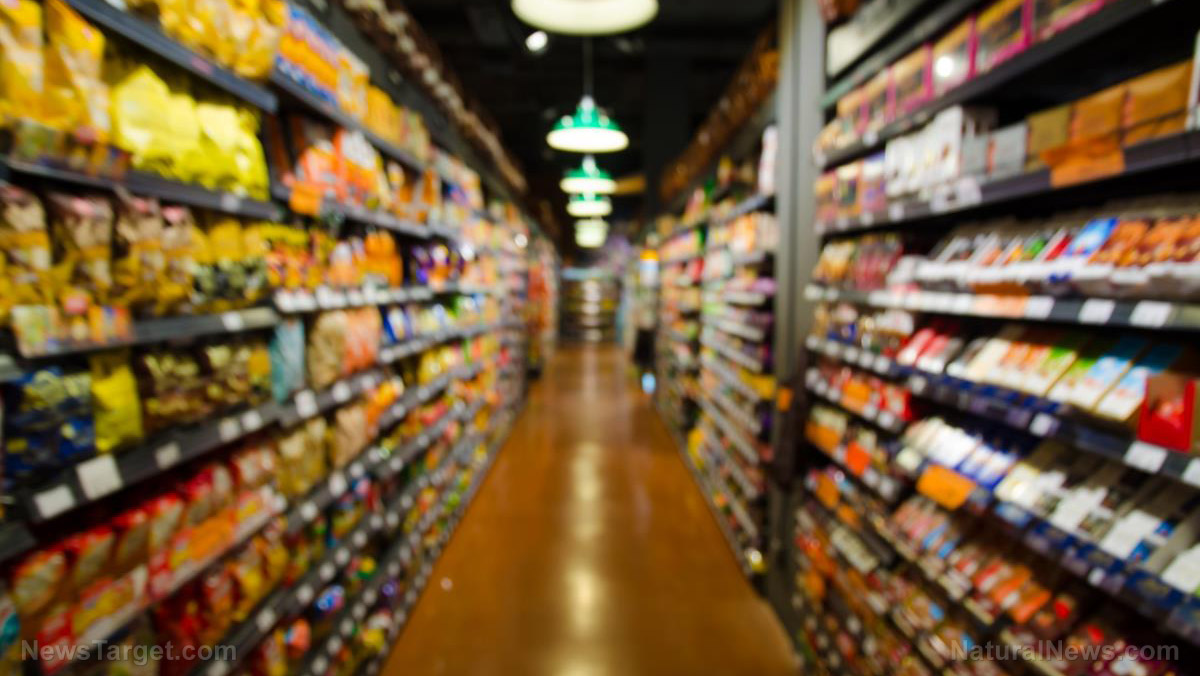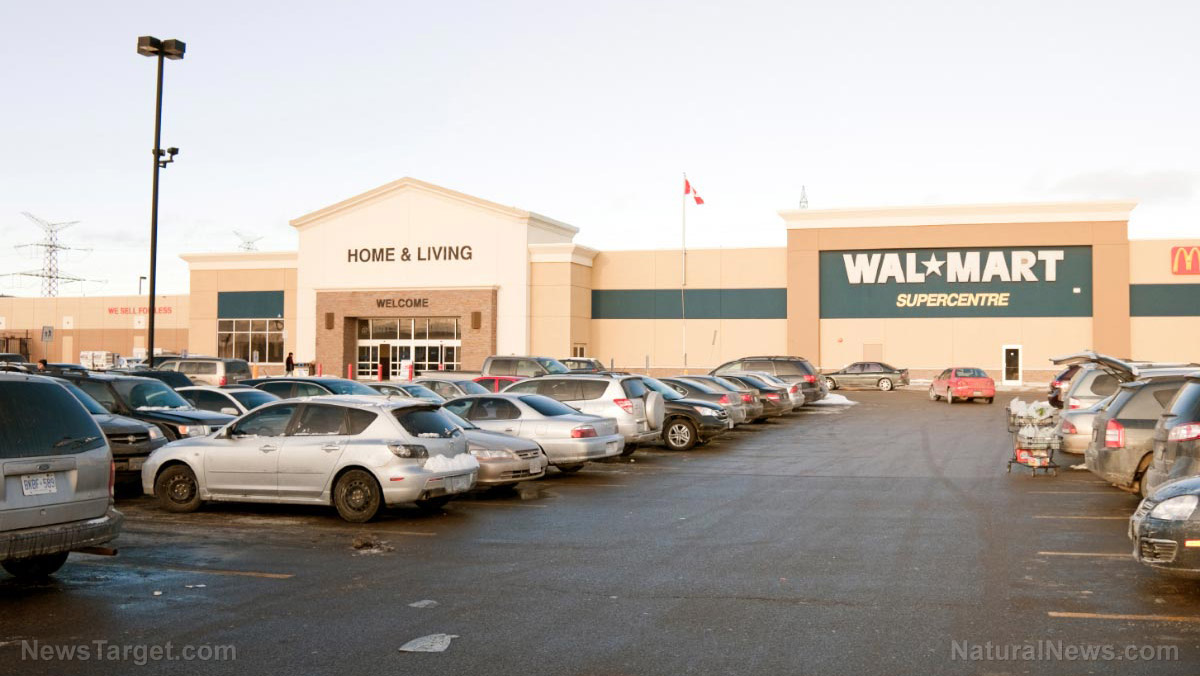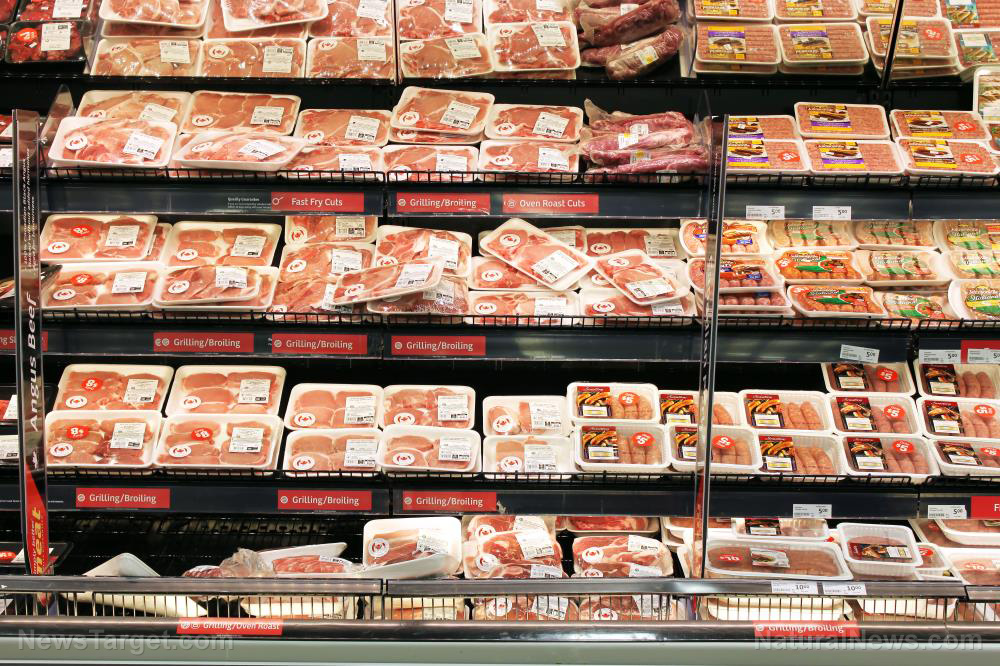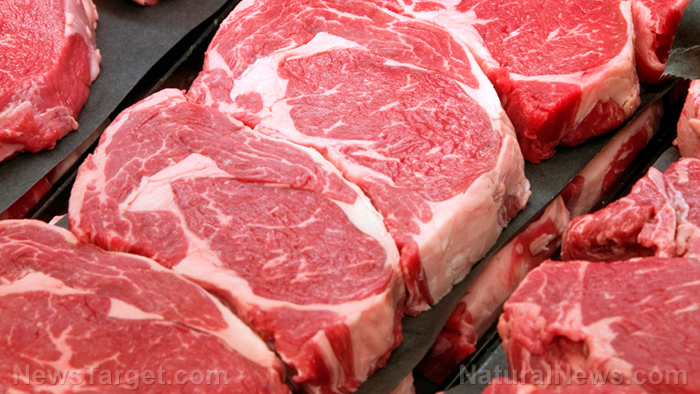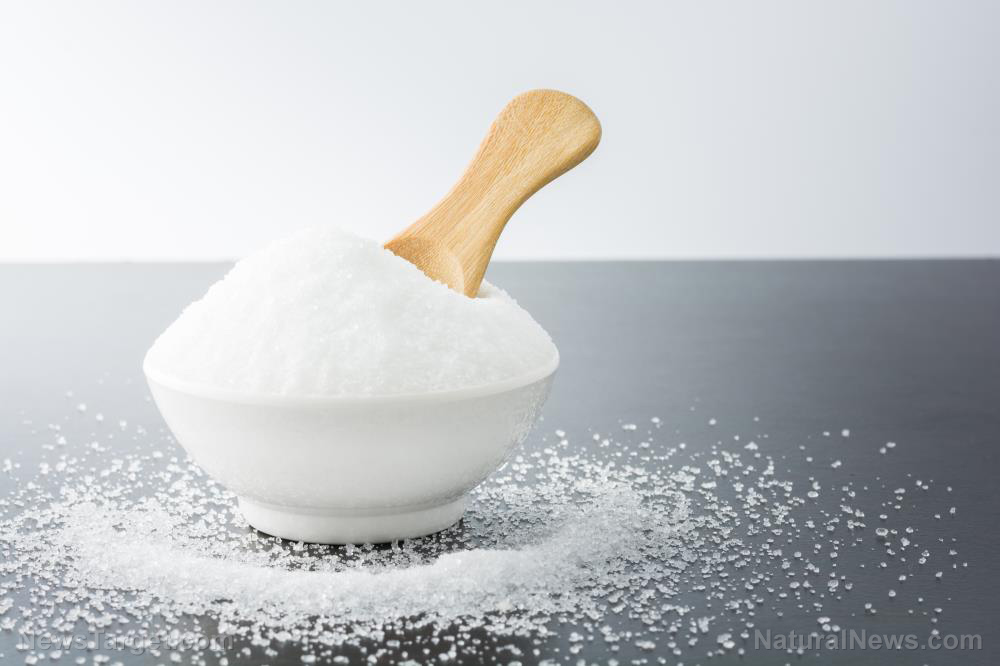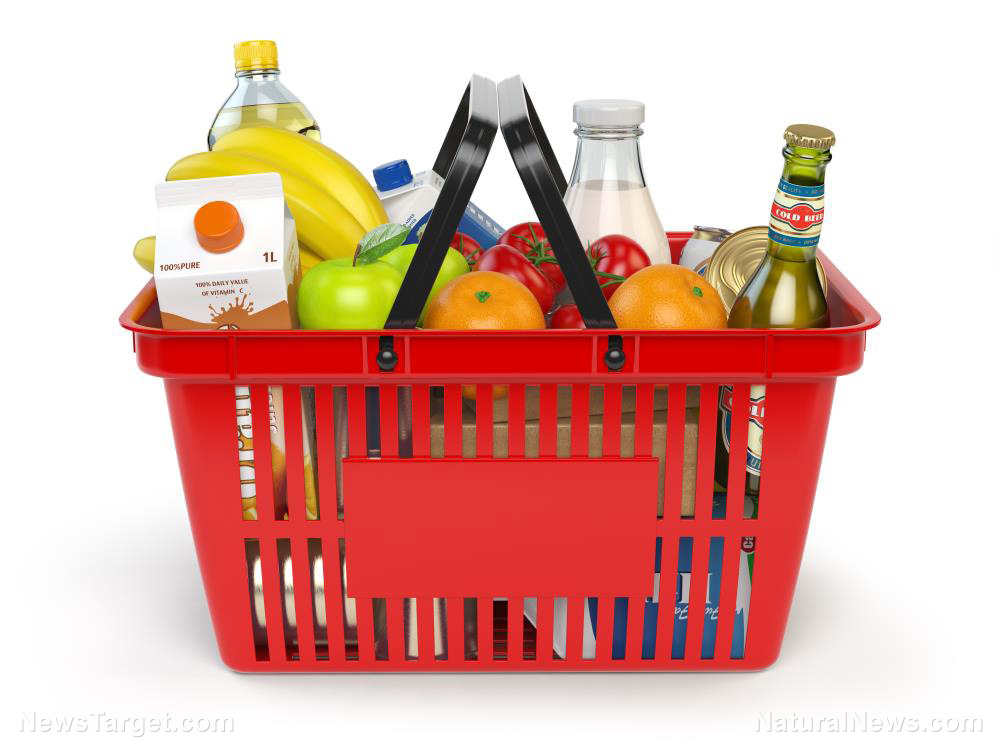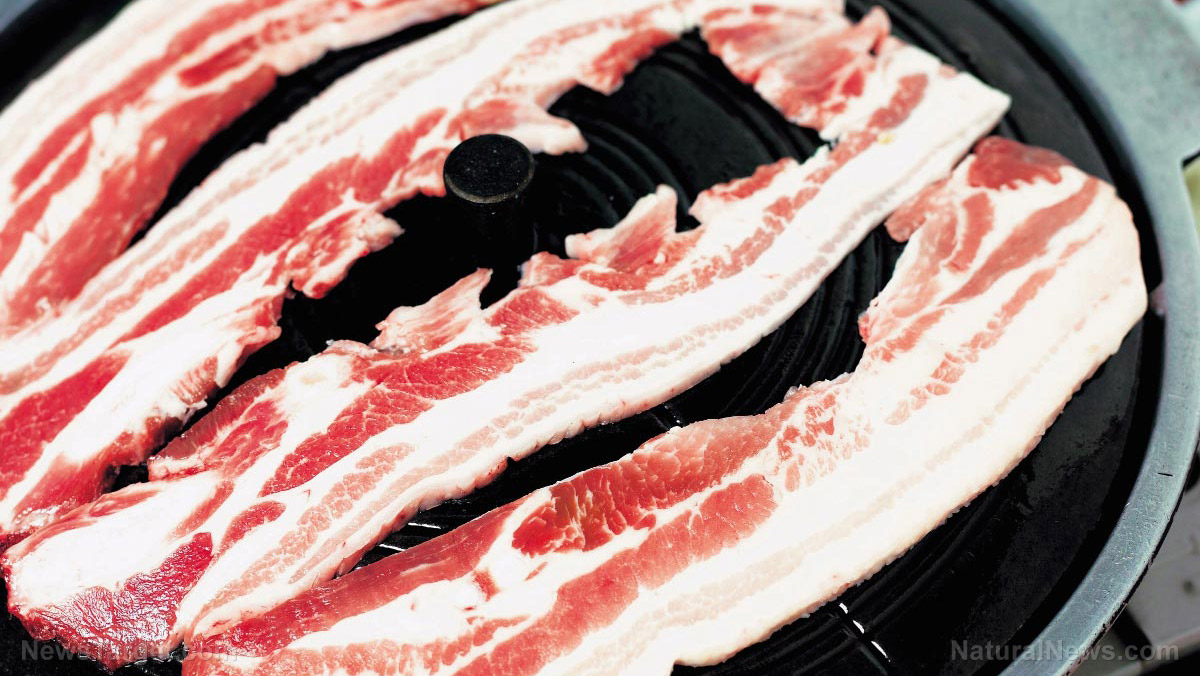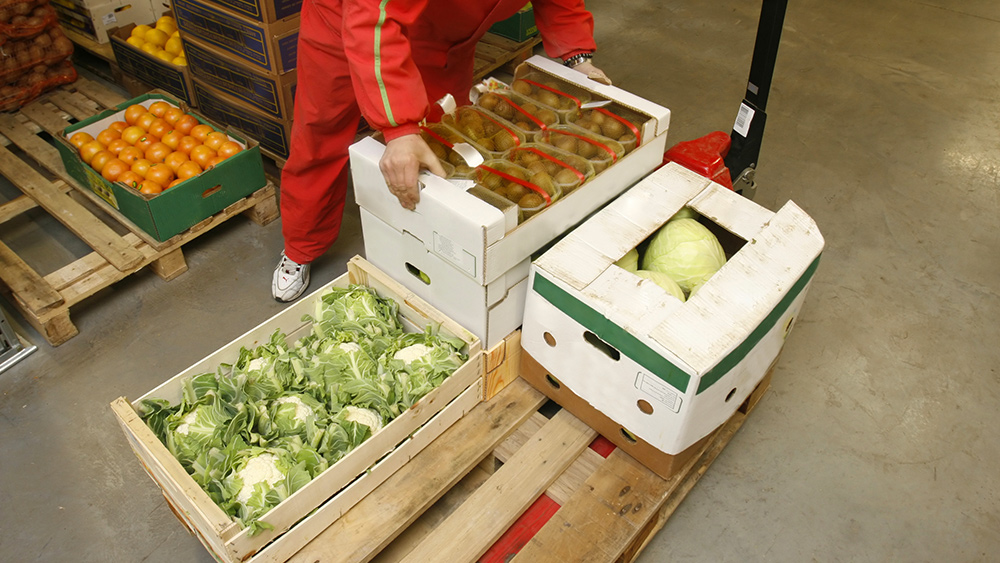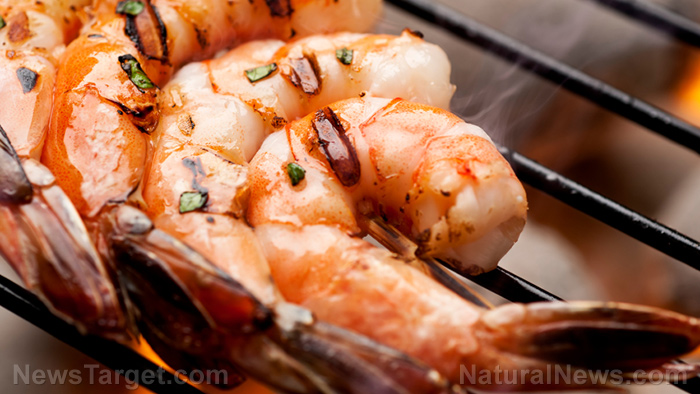World’s largest meat companies linked to brutal Amazonian massacre
05/16/2020 / By Tracey Watson
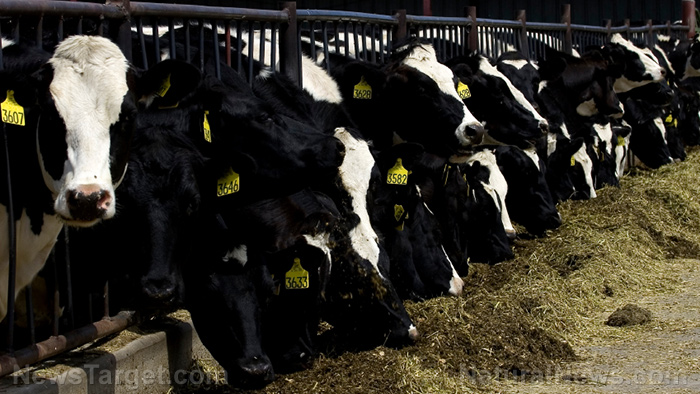
Since 2009, the world’s largest meat company, JBS, and several of its competitors, including Marfrig, have signed agreements with both Greenpeace and Brazilian prosecutors in which they committed that they would no longer buy from farms which had been involved in illegal deforestation in Brazil.
In terms of the Greenpeace deal, it was also agreed that these companies would no longer have any business dealings with producers accused of land grabs or who had been convicted in rural conflicts.
The deal they signed with the country’s federal prosecutors bans agreements with farmers who have been convicted of, or are being investigated for, involvement in rural conflicts.
While these agreements are good for the public relations images of companies like JBS, they may not be worth the paper they are written on.
Reports out of Brazil indicate that the world’s largest meat companies are working around these agreements by engaging in “cattle laundering” – a system in which a farmer who has been engaged in a rural conflict or whose farm has a history of environmental issues sells his cattle to a farm which has a spotless track record. The big meat companies then purchase their cattle from these “clean” farms, thereby upholding the agreements they have signed, even though the cattle originate on farms that they are not supposed to be supporting.
Now, an investigation by Repórter Brasil has found that this practice of cattle laundering has linked both JBS and Marfrig to Valdelir João de Souza, a farmer accused of ordering the brutal massacre of nine men. (Related: Deforestation in the Amazon increased 29 percent over the past year.)
The ‘Colniza massacre’
As reported by The Guardian, JBS has come under increasing pressure recently because of its practice of cattle laundering. And a clear link to a farmer accused of ordering the death of nine men is proving to be a PR nightmare for the company.
The Guardian reported:
On 19 April 2017, nine men were brutally murdered in what became known as the “Colniza massacre”. The men had been squatting on remote forest land in the state of Mato Grosso when their bodies were found, according to court documents. Some showed signs of torture; some had been stabbed, others shot.
According to charges filed by state prosecutors in Mato Grosso, the massacre was carried out by a gang known as “the hooded ones”. The aim, they said, was to terrify locals, take over land they lived on and extract valuable natural resources. …
On 15 May 2017, prosecutors said they had charged Valdelir João de Souza, a farmer who owned two timber companies on neighbouring land, and four others with homicide and forming or being part of an illegal paramilitary group. Prosecutors said de Souza had ordered the massacre, although he had not been present when it occurred.
De Souza has been on the run ever since, but that hasn’t stopped him from continuing his farming interests. In April 2018, he purchased two farms in the Rondônia state. Government records indicate that in May 2018, these farms sold 143 cattle to Maurício Narde, who worked for de Souza back in 2017.
Within minutes of purchasing the cattle from de Souza’s farms, Narde sold them to a JBS meatpacker.
Then, government records indicate that in June 2018, one of de Souza’s farms sold 153 head of cattle to a “clean” farm owned by a farmer named José Carlos de Albuquerque. Though de Albuquerque denies the fact, government records indicate that he then went on to sell the cattle to JBS and Marfrig slaughterhouses.
Greenpeace opted out of their agreement with the meat companies back in 2017, after JBS was fined for buying cattle from farms in illegally deforested parts of the Amazon, and an audit by Brazilian prosecutors indicated that sales records for a whopping 19 percent of the cattle purchased by JBS in 2016 revealed “evidence of irregularities.” (Related: What do mining and chocolate have in common? Deforestation of rainforests.)
Clearly, they were right to do so. If you care about the issues facing the environment, bookmark Environ.news.
Sources include:
Tagged Under: Brazil, cattle laundering, corruption, deforestation, evil, JBS, Marfrig, massacre, meat, meat companies, murder
RECENT NEWS & ARTICLES
COPYRIGHT © 2017 GROCERY NEWS


